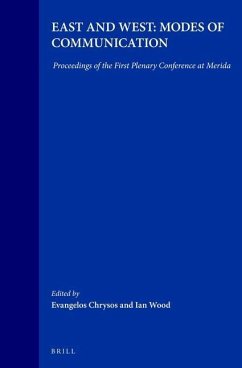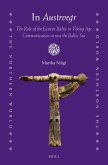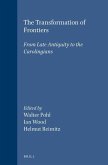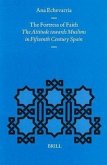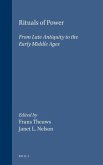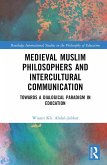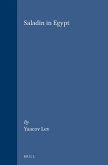The End of Antiquity saw an increase in the divide between East and West. This crucial development in the history of the Late and Post-Roman World was addressed in a series of linked papers delivered at the first plenary conference of the European Science Foundation's scientific programme on the Transformation of the Roman World, held in 1995. A group of leading scholars (Beat Brenk, Peter Brown, Averil Cameron, Christian Hannick, N. Oikonomedes, Lennard Ryden) addressed questions of social, cultural, artistic and linguistic change, concentrating largely on developments within the East, while changes in the West were explored in a series of responses (from Michel Banniard, Mayke de Jong, Alain Dierkens, Niels Hannestad, Walter Pohl, Ian Wood). In addition, the history of Late Roman and Visigothic Merida, the setting for the conference, was set out by Javier Arce. Together these papers constitute a major exploration of the social and cultural changes in East and West in the period of the Transformation of the Roman World. To this collection are added two papers, by Paolo Delogu and Thomas F.X. Noble, delivered in the course of the third and final plenary congress of the programme, held in Isernia in 1997, assessing the achievement of the whole project at the end of five years of conferences and workshops.
Hinweis: Dieser Artikel kann nur an eine deutsche Lieferadresse ausgeliefert werden.
Hinweis: Dieser Artikel kann nur an eine deutsche Lieferadresse ausgeliefert werden.

